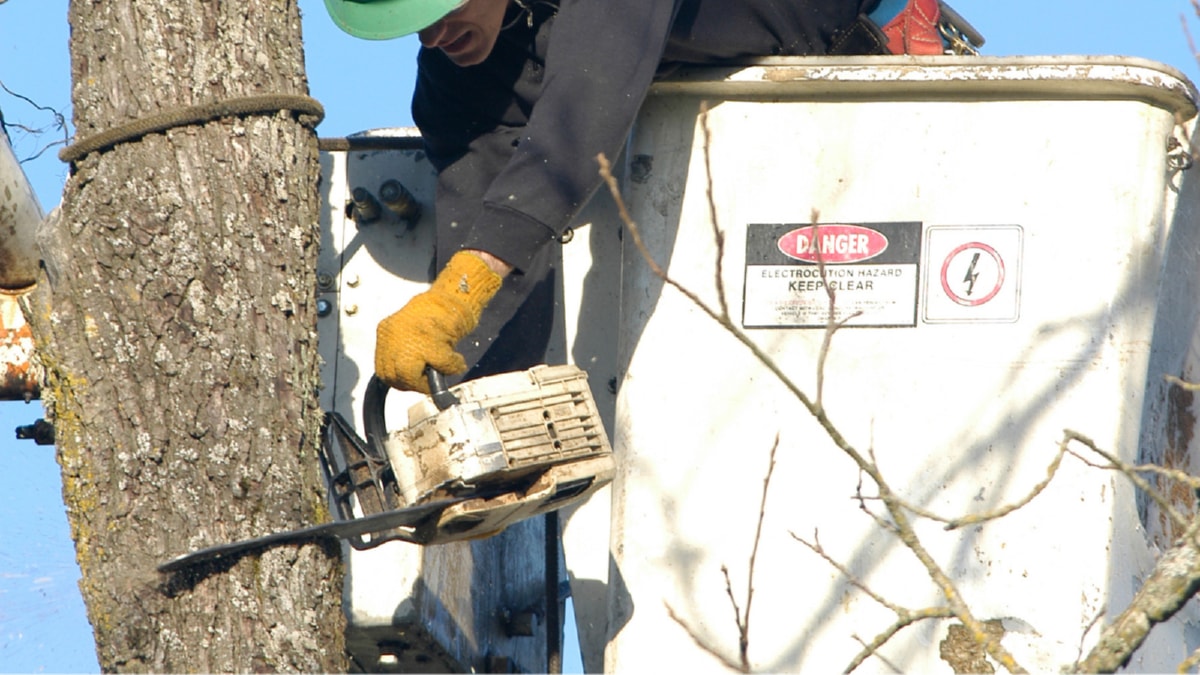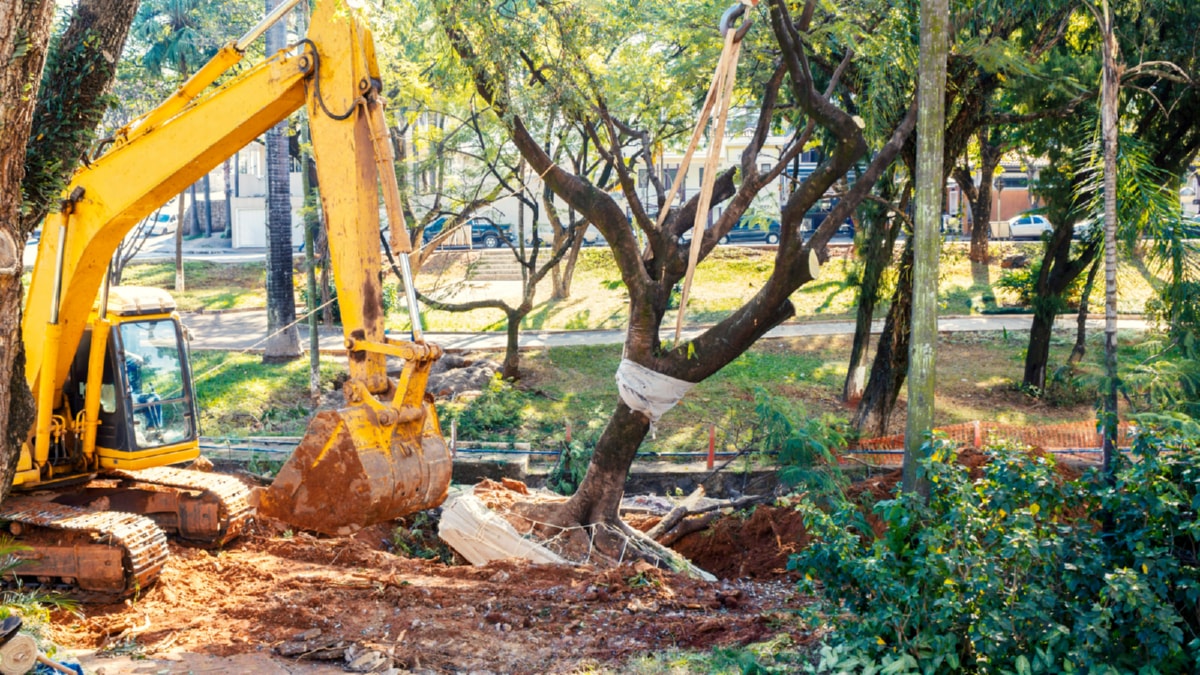Title: Best Practices in Construction: Guide #85: Essential Tips and Effective Strategies
The building industry is a vast and intricate sector that requires a deep understanding of different tasks and processes. This guide strives to provide crucial tips and best practices to simplify your building projects, whether you’re seeking the best home improvement service or checking the map for locations.
The first tip is to emphasize planning. Before any building activities begin, it’s imperative to have a complete plan in place. This includes cost estimates, necessary materials, and project timelines. A strong plan doesn’t just minimizes the risk of unexpected issues but also makes sure the project stays on schedule and within budget.
Just as important, is the use of top-notch materials. While it might be tempting to cut costs by purchasing cheaper materials, this can cause problems in the future. Inferior materials can affect the quality of the construction and possibly lead to safety issues. Thus, investing in good-quality materials is a smart decision that pays off in the long run.
Next, maintain frequent communication with all stakeholders. This includes the client, contractors, suppliers, and building team. Regular updates on the project’s progress help to manage expectations and alleviate any potential issues. A typical mistake in construction projects is the lack of regular and transparent communication, which can result in misunderstandings and delays.
Safety is paramount in any construction project. Establishing a culture of safety from the start can considerably reduce accidents and injuries on the job site. This includes proper training for all workers, regular safety inspections, and adherence to safety standards and regulations. Remember, a safe construction site is a productive one.
Another best practice to keep in mind is sustainability. With increasing awareness about the environment, many clients prefer eco-friendly construction methods. This could involve using sustainable materials, implementing energy-efficient designs, and recycling construction waste. Not only does this approach benefit the environment, but it can also enhance your company’s reputation and draw in more clients.
Incorporating technology is also a best practice in contemporary construction. From project management software to advanced machinery, utilizing technology can significantly increase efficiency and productivity. For instance, Building Information Modeling (BIM) can provide a 3D model of the project, enabling improved visualization and planning.
Lastly, always strive for continuous improvement. The construction industry is continually evolving, with new techniques, materials, and technologies emerging regularly. By staying updated and continuously learning, you can ensure your construction methods are always at the forefront of the industry.
In conclusion, effective construction entails careful planning, use of quality materials, regular communication, an emphasis on safety, consideration for sustainability, use of technology, and a commitment to continuous improvement. By sticking to these best practices, you can ensure your construction projects are efficient, high-quality, and completed on time. Regardless of you are a seasoned veteran or a newcomer in the industry, these tips can direct you towards your next fruitful construction project.
For more details, check best Tarmac Contractors Kildare Galway Limerick Mayo Offaly or visit their Tarmac Contractors Kildare Galway Limerick Mayo Offalybusiness listing here.




